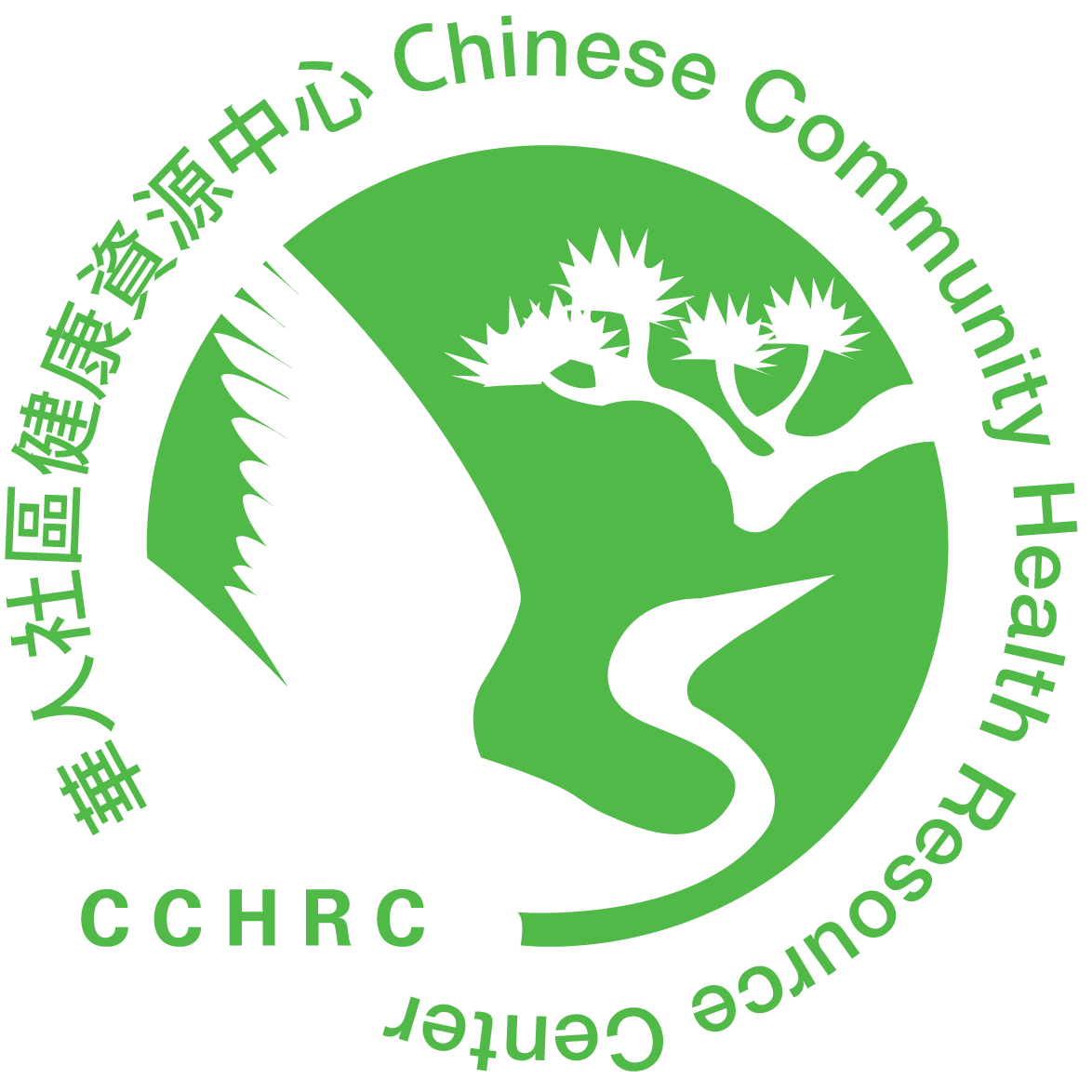Dehydration means loss of fluids. Water accounts for about 60% of a man’s weight and 50% of a woman’s weight and it needs to be kept up to this percentage in order to maintain healthy body tissue. Because total body water decreases with age and the feeling of thirst diminishes, older people are more likely to develop dehydration.
The possible complications of dehydration are: very low blood pressure, shock and death from prolonged, severe dehydration. Dehydration can require medical attention-particularly in infants and the elderly. Call the doctor if you are not sure.
SIGNS AND SYMPTOMS OF DEHYDRATION:
- Dry mouth and tongue.
- Decreased or no urination.
- Sunken eyes.
- Pale, cool and clammy skin.
- Dizziness, restlessness, confusion or coma.
- Low blood pressure.
- Severe thirst.
- Weak and rapid heart rate associated with blood pressure drop, shallow and hurried breathing.
- A newborn or infant may not move or respond.
CAUSES OF DEHYDRATION:
- Inadequate fluid intake: older people with decreased sense of thirst, swallowing difficulties, inability to talk or understand, mobility problems, and difficulty thinking clearly may not be getting enough fluids.
- Excessive fluid loss: Severe vomiting or diarrhea from any cause, constant high fever, heavy sweating, or taking drugs that causes loss of fluids and electrolytes – such as diuretics (water pills).
- Hot weather can cause overheating and dehydration. Wear lightweight clothing that ‘breathes,’ meaning air can easily pass through the fabric. Wear a hat outside in the sun. Stay indoors in the middle of the day when the temperatures are usually the highest. Carry a bottle of water with you and take frequent sips.
- Infants and babies can easily become dehydrated from: diarrhea and vomiting, being in a hot car, being out in the sun without protection.
TREATMENT FOR DEHYDRATION:
- For minor dehydration, take frequent small amounts of clear liquids or electrolytes (such as diluted Gatorade). Large amounts of liquid may induce vomiting.
- For severe dehydration, hospitalization for intravenous fluids administration.
- In case of vomiting or diarrhea, keep a record of the number of episodes so one can estimate the fluid loss.
- Take your child to the Emergency Room immediately if a newborn or small child develops vomiting and/or diarrhea. This can be an emergency.
Copyright © 1999-2020 Chinese Community Health Resource Center
If you would like a copy of this health article, please click on the PDF button in the language you prefer. To view the PDF document, you’ll need Adobe Acrobat, which you can download here.
Bilingual:



